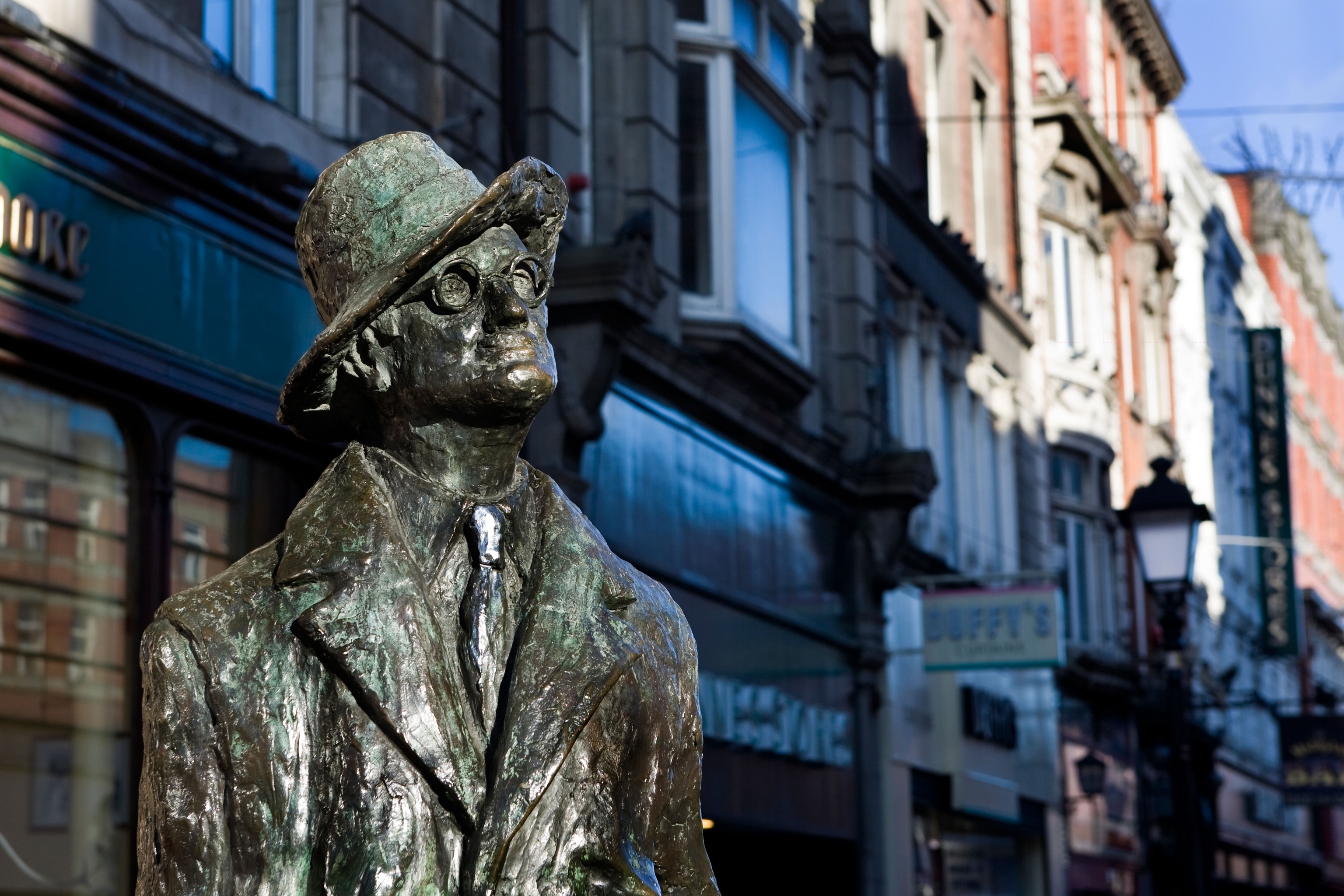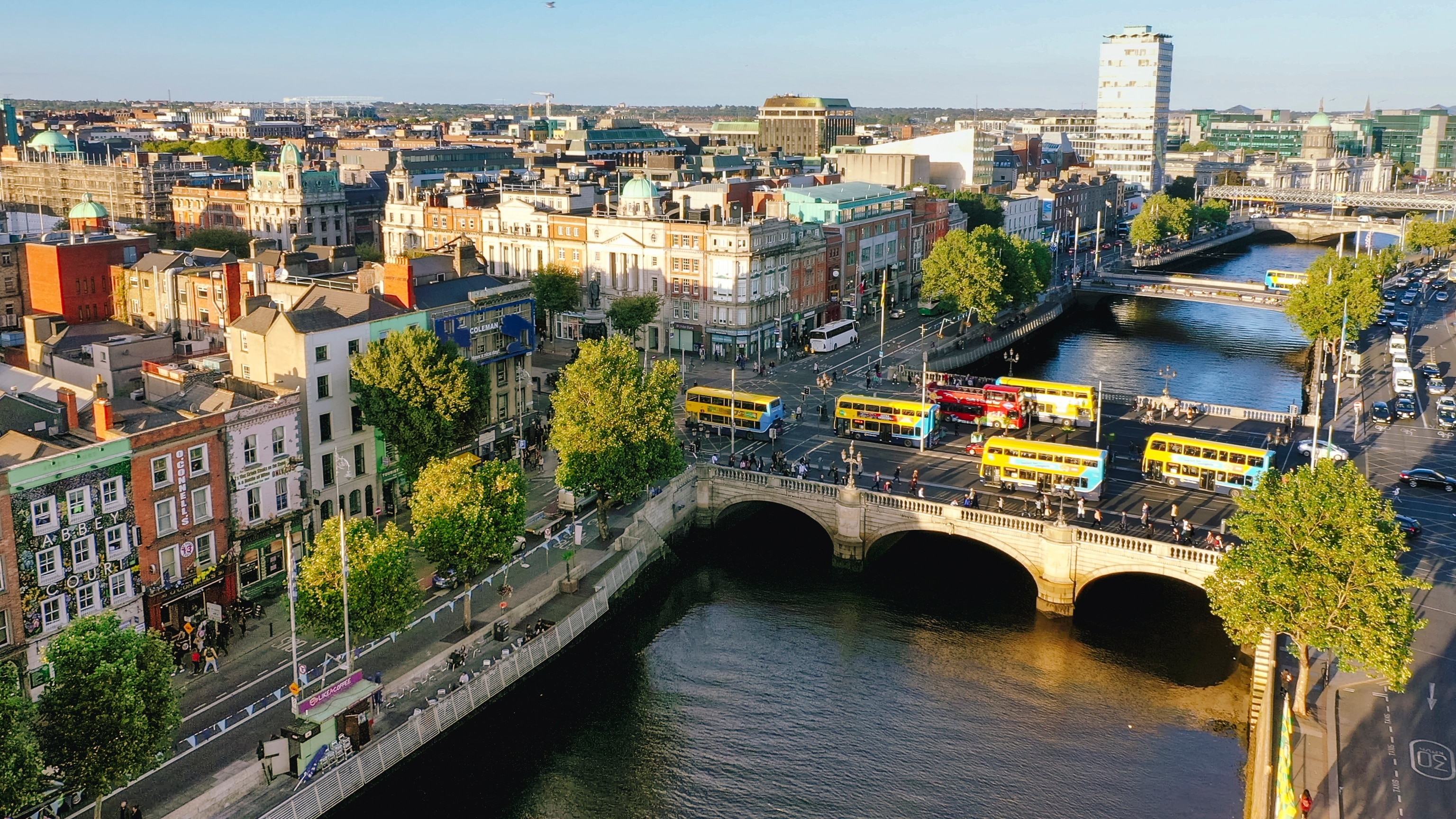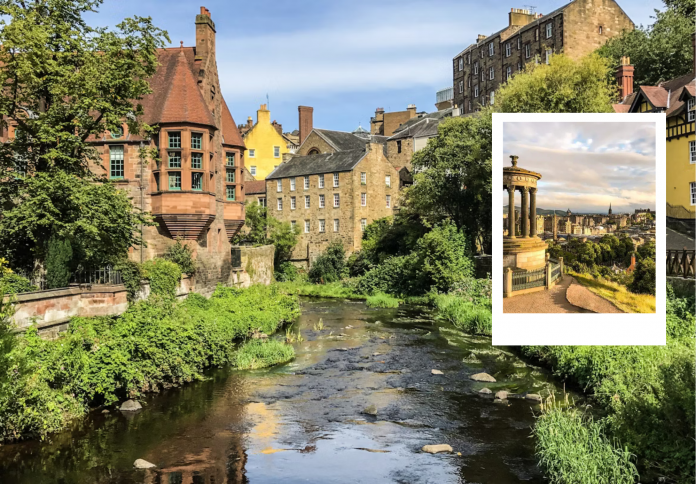Every year on June 16, Dublin transforms itself into a living monument to one of the most influential novels ever written. This is Bloomsday, a holiday dedicated to celebrating James Joyce’s modernist masterpiece, Ulysses, and its protagonist, Leopold Bloom. While the book was once banned and considered an enigmatic, sprawling work, today it is a source of national pride, inspiring a day of festivities, readings, and reenactments across the city. As the centenary of its publication reminds us, Ulysses was a “brave new departure” whose influence remains as strong as ever. Bloomsday is a testament to the novel’s perennial appeal, inviting readers and non-readers alike to walk in Bloom’s footsteps and discover why this epic of a single day remains a profoundly Irish and universal work of art.
A City on the Page: The Enduring Appeal of Ulysses
For those who have not read Ulysses—and for those who simply claim to have done so—the novel can seem like a daunting, inaccessible work. However, as the director of the Museum of Literature Ireland (MoLi), Simon O’Connor, explains, its reputation is “self-propelling,” a quality that has sustained its appeal for a century. The book’s mystique as a monumental, challenging text is precisely what draws readers in. O’Connor compares it to a modern-day work like David Simon’s television series The Wire, in that Joyce “tries to create this vast picture of Dublin as a living organism with lots of linking components.” The novel is not a puzzle to be solved, but a world to be explored, a vast and complex picture of a single day in a single city.

Beyond its reputation for being difficult, what often gets lost is the novel’s humor. The “Cyclops” episode, in particular, is a messy, raucous, and hilarious scene set in a Dublin bar. Joyce’s witty prose and a keen eye for the absurd make the book a surprisingly funny read, particularly when enjoyed in the very pub where it takes place. This blend of the mundane, the epic, and the deeply funny is at the core of the novel’s genius. It captures the full spectrum of human experience, from the profound to the ridiculous, all within the confines of a single day.
Professors, Censorship, and a Modern Monologue
Despite its celebration today, Ulysses was a highly controversial book when it was first published. As Booker Prize-winning novelist Anne Enright explains, its notoriety made it a kind of intellectual “test,” with Joyce himself admitting he put in “so many enigmas and puzzles that it will keep the professors busy for centuries.” A century later, the academic industry is still debating what he meant. But the controversy went far beyond academic discourse. The book was banned in the United States during the 1920s for its explicit content, and as Enright notes, “it was a very dirty book, and it remains a very dirty book.” Joyce was not afraid of the fetishistic, and his novel pushed the boundaries of what was acceptable in literature.

The novel’s final chapter, “Penelope,” which features Molly Bloom’s graphic inner monologue (known as “Molly’s soliloquy”), came under intense scrutiny during the 1933 obscenity trial in New York. However, in retrospect, this monologue was a trailblazing moment in literature. As Enright points out, it was “historically and socially ground-breaking that you’d have a woman in a novel thinking about sex at all.” Molly’s inner thoughts, once censored, are now celebrated as a key milestone in literary history, a raw and honest depiction of a woman’s mind that helped to blaze a trail for countless writers who followed.
Walking in Bloom’s Footsteps: A Journey of Discovery
To truly understand the novel’s appeal, there is no better way than to follow the advice of Joyce’s most dedicated fans and walk through the streets of Dublin. Senator David Norris, a longtime Joyce scholar, demystifies the novel’s famous Homeric parallels, explaining that Joyce didn’t even read the Odyssey in its entirety. Instead, he used an abridged version as a mere “skeleton” to “hang his story on—like a clothes wrack to hang his knickers on.” This simple analogy captures the book’s profound accessibility; you don’t need to be a classicist to appreciate it.

Norris’s most powerful advice is to simply “take a stroll through Dublin” to understand Bloom, as he isn’t a Homeric hero in the traditional sense. His epic journey is one of mundane, human moments. The author followed this advice, tracing a path from Bloom’s house on Eccles Street to the train station and taking a journey to Howth, the seaside town where Bloom proposed to Molly. Walking through the blossoming rhododendrons, the author felt a powerful connection to the novel, understanding Joyce as not just a pioneer, but a poet and a hopeless romantic. The famous final lines of the novel, set in Howth, reveal this simple truth, making the author’s pilgrimage a deeply personal and meaningful experience.
Celebrating Bloomsday: A Global Phenomenon
While the heart of the celebration is in Dublin, Bloomsday has become a truly global phenomenon. In Dublin, you can be spoiled for choice, with a packed program of events on June 16th. You can follow in Bloom’s footsteps on a Bloomsday Abbey Theatre walking tour, enjoy a new play at the historic Smock Alley Theatre, or do as Bloom did and feast on gorgonzola sandwiches and Burgundy at Davy Byrnes Pub.

But the celebrations are not limited to the Irish capital. In New York, Bloomsday On Broadway offers a special centenary celebration. In Los Angeles, the Hammer Museum’s Bloomsday evening includes readings, live music, and Guinness on tap. And in Washington D.C., the Harvard Club’s Bloomsday dinner features an introduction by the Irish Ambassador. Beyond the physical events, the digital world is also embracing Joyce’s legacy. A phone app called “He liked thick word soup” allows users to manipulate Joyce’s text with their fingertips, and Boston College is even developing “Joycestick,” a virtual reality video game based on the book. This global, ever-evolving celebration proves that a century after its publication, Ulysses continues to captivate and inspire readers in new and surprising ways.










